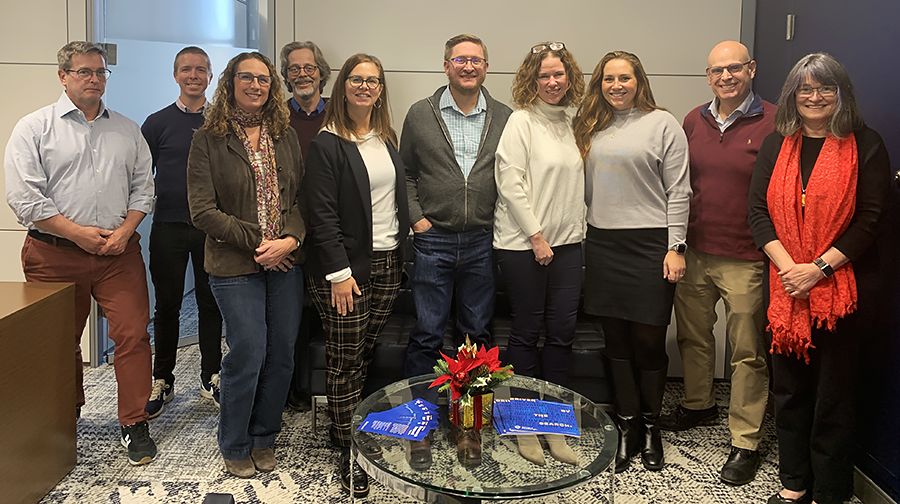CMU partners to reimagine energy in the region
Faculty from Carnegie Mellon University will collaborate with West Virginia University and University of Pittsburgh on a National Science Foundation Regional Innovation Engines program.
A $1 million NSF award will support the creation of the Resilient Energy Technology and Infrastructure (RETI) coalition, which aims to foster innovation and implement critical technologies for decarbonization and grid resiliency in the West Virginia-southwestern Pennsylvania region.
The project team will work with regional non-profits, industry stakeholders, and government entities in order to stimulate workforce development in energy technology fields.
“This is an opportunity for CMU to engage with a high-caliber and diverse group of academic and regional partners to drive the energy systems transformation our planet needs,” said Valerie Karplus, a professor of engineering and public policy and associate director of the Wilton E. Scott Institute for Energy Innovation.
This is an opportunity for CMU to engage with a high-caliber and diverse group of academic and regional partners to drive the energy systems transformation.
Valerie Karplus, Professor, Engineering and Public Policy
Through the development of these partnerships, regional leaders will be able to better understand industrial needs and priorities. By engaging with communities, the project team will further encourage the development of policies that will accelerate the adoption of critical technologies.
In addition to Karplus, contributors to the project include Daniel Tkacik, executive director of the Wilton E. Scott Institute for Energy Innovation; Larry Pileggi, head and professor of electrical and computer engineering; Reed McManigle, senior manager and mentor in residence of CMU’s Center for Technology Transfer and Enterprise Creation (CTTEC); Vyas Sekar, professor of electrical and computer engineering, and Christophe Combemale, assistant research professor of engineering and public policy.

Source: West Virginia University
Members of the RETI team from CMU, WVU, and Pitt.
“Carnegie Mellon has always been a key player in innovating the energy industry, especially in this region,” says Tkacik. “It’s our role at the Scott Institute to help build the innovation engine that will drive the transition to cleaner, more sustainable, and resilient energy systems.”
The outcomes of the program will include a list of technologies ready for translation, as well as potential commercial partners and policy statements to inform governments on guidance to best support a regional innovation engine.
“As a historic energy-producing region, this area is already primed to be the epicenter of the energy transition,” said Erienne Olesh, project leader and executive director of student and faculty innovation at WVU. “With existing infrastructure and major energy industry partners already located here, this is a logical place to innovate on the next generation of energy technology.”
The project goals are aligned with the federal government’s executive order to achieve net-zero emissions by 2050 and the Department of Energy’s support for energy justice, which prioritizes communities that have been historically marginalized in policies pertaining to the energy economy.
